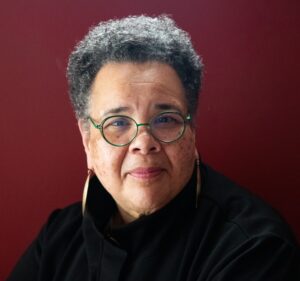Select an item by clicking its checkbox
If I have learned anything in this life of teaching, it is this: the emotional labor of teaching is genuine. Routinely, class sessions left me exhausted. After most sessions I would need to sit in silence for an hour to regain my energies or have a meal to replenish my ...
The task is impossible, yet ours to accomplish. Our students need us to shape our classrooms for a future we cannot foresee or anticipate. In the courses we design, our students need us to hone their voices, imaginations, and problem-solving abilities for a future that is unmappable yet will require ...
The Wabash Center teaches toward freedom in hopes of liberation and healing. We have learned that acts of freedom occur in many forms, and occasionally involve receiving permission. Since 2019, I have had the honor of reading the feedback forms completed by participants at the end of events and programming experiences. ...
Fear is the anxiety that you are about to lose something you love, need, have rightfully earned or deserve. Fear will make you hurt yourself, silence yourself, edit yourself in ways that contradict or disavow your own best pursuits. Since we teach who we are, showing up afraid will only ...
Our attempts to teach towards openness, towards possibility, towards new glimpses of an uncharted future mean that teaching can be demanding, even confounding. One way I learned to embrace this approach was by incorporating rituals in my course designs. The use of rituals in classrooms allows students an experience that ...
